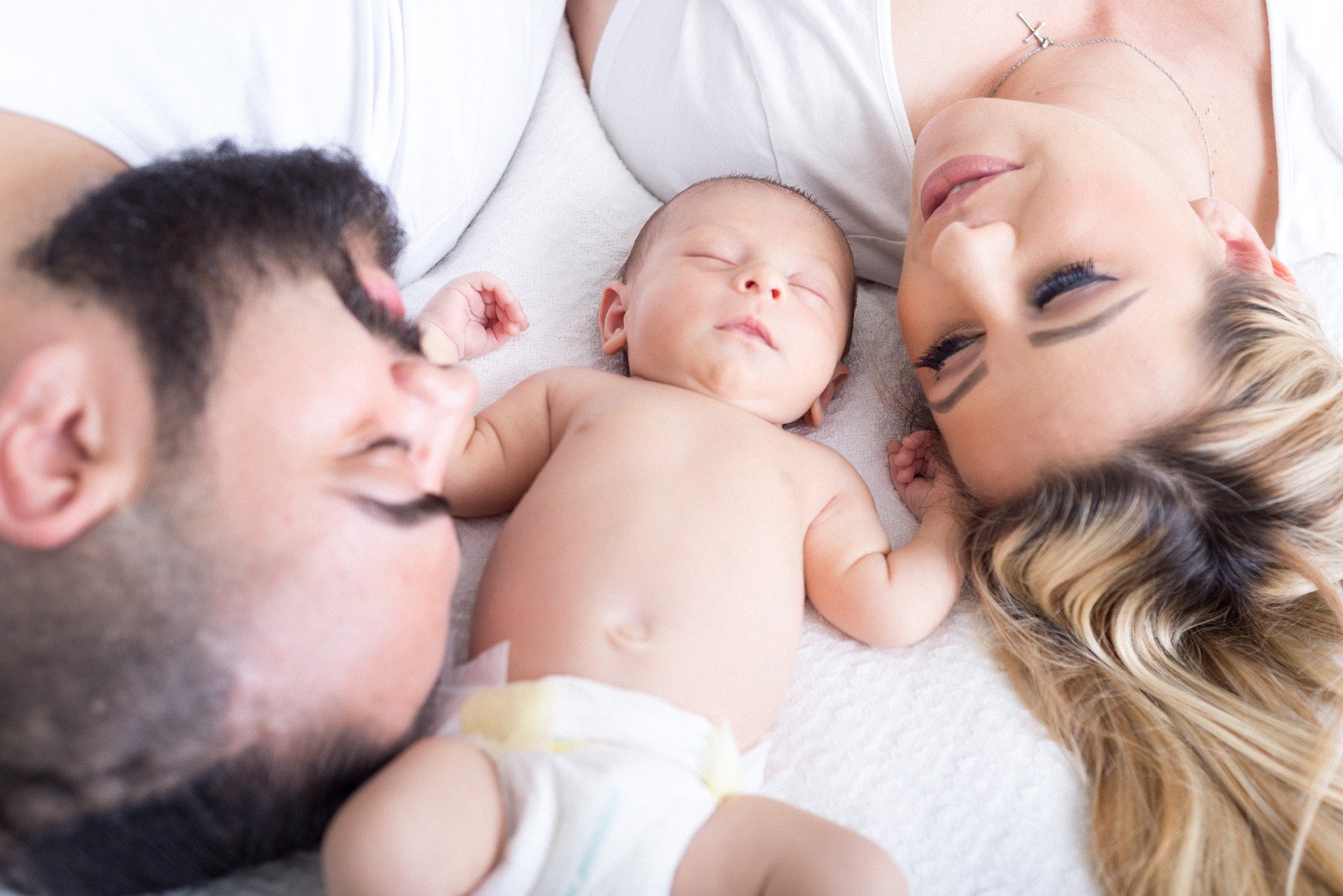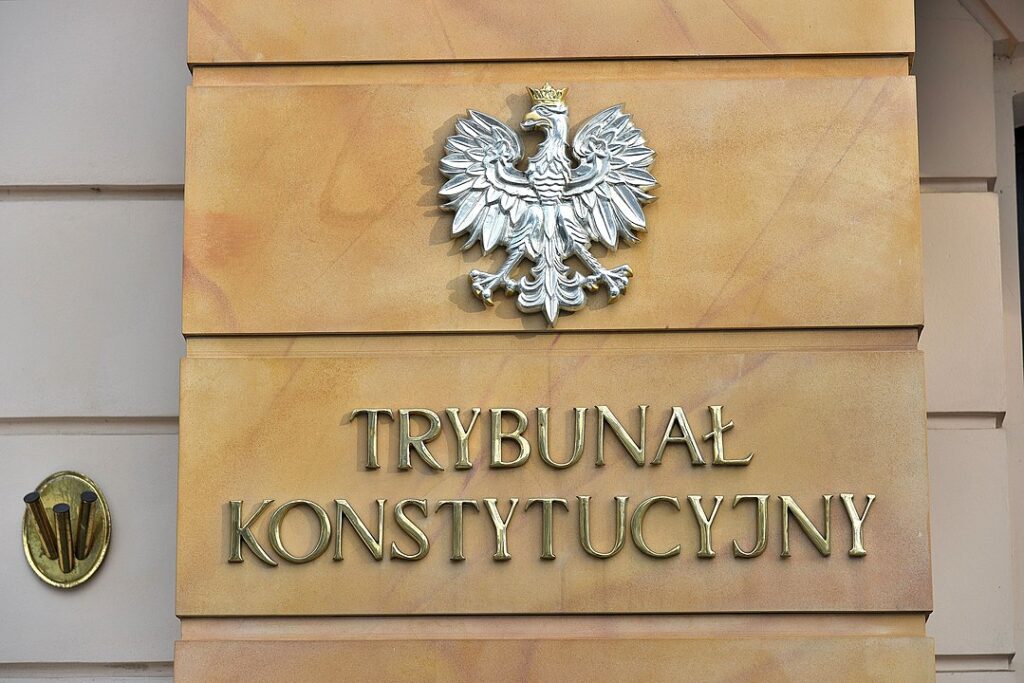What changes in the Polish law on abortion thanks to the ruling of the Constitutional Court?


pixabay.com
“The sentence of the Constitutional Tribunal on abortion is, in the human dimension, a great, positive step towards civilization” declared Mgr. Stanisław Gądecki, President of the Polish Bishops’ Conference, in an interview for the Catholic Information Agency (KAI) issued following the Judgment of the Court, adding that it is consistent with the Universal Declaration of Human Rights.
The stages of this journey date back to 2017, when the “Stop abortion” project was presented to the Polish bishops on June 6, 2017 and was examined during the 376th plenary session of the Polish Bishops’ Conference which approved it, has promoted the collection of signatures – which 830,000 people have joined – and moments of prayer in defense of life, arguing that “Every child has the right to live, including a sick child”.
In 2019, a group of 119 deputies referred a case to the Constitutional Tribunal to examine the conformity of the so-called eugenic premise with the Polish constitution.

The seat of the Tribunal, Warsaw, By Adrian Grycuk – Own work, CC BY-SA 3.0 pl, https://commons.wikimedia.org/w/index.php?curid=46607788
On October 22, 2020, the Constitutional Court had issued the Sentence regarding the constitutionality of eugenic abortion, with reference to law 4a.1.2 of the Polish Family Law Code. 15 judges ruled that abortion of sick children violates the current Constitution, adopted in 1997.
Archbishop Gądecki appreciated the decision of the Court, which confirms that “the concept of “life not worth living” is in direct contradiction with the principle of a democratic rule of law.”No one in conscience can deny others the right to live, especially because of his illness”, he added.

pixabay.com
On January 27, 2021, the motivation for the sentence was disclosed in a 154-page document, which can be summarized in 5 synthetic points:
1) The Constitutional Court examined art. 30 of the Constitution: “The intrinsic and inalienable dignity of human beings is the source of freedom and human and civil rights. It is inviolable and its respect and the public authorities have the responsibility of protecting it,” and art. 38 of the Constitution: “The Constitution of the Republic of Poland states that the country guarantees legal protection of life to everybody.”
2) The Constitutional Tribunal confirmed its previous position, expressed in the judgment of 28 May 1997, file ref. Law K 26/96, according to which human life is a value in every phase of development, whose sources are the constitutional provisions. Life must be protected by the legislator, including the life an unborn child, who, as a human being, has the right to an intrinsic and inalienable dignity and is a subject who has the right to life.
3) Any case of limitation of the legal protection of human life must be “absolutely necessary,” that is, treated as an absolute last resort. Only the mother’s health and life can justify the suppression of the child’s life before his birth. In such a situation, there is a symmetry between the goods of the relief (the mother’s life and health) and of the sacrificed (life of the child). After the sentence of the Constitutional Tribunal, the termination of pregnancy can be carried out if the mother’s threat to the life is endangered (art.4a.1.1) or if there is a justified suspicion that the pregnancy resulted from a criminal act (art. 4a.1.3): rape, incest, or pedophilia.
4) A child’s disability or incurable disease in the prenatal phase cannot automatically determine the eligibility for the termination of the pregnancy (Article 4a.1.2 of the Family Planning Act). Legalization of the abortion procedure, when prenatal tests or other medical indications indicate of severe and irreversible fetal impairment or an incurable illness that threatens the life of the fetus, has no constitutional justification.
5) The Tribunal does not intend to impose the burden of raising a seriously and irreversibly handicapped or terminally ill child on the mother alone, because principally the public authorities and society are required to take care of people in the most difficult conditions. Therefore, provisions should be introduced to aid families caring for handicapped children.
The President of the Council for the Family of the Polish Episcopate Bishop Wiesław Śmigiel, in his statement on the Reasons for the Constitutional Court ruling on eugenic abortion, said that the essence of the problem lies in the care of life from conception to natural death, not in the prohibitions and sanctions. He also pointed out that a pregnant woman must first receive the support of the child’s father and his family, but she should also receive spiritual, psychological, medical and economic help from the wider community and the State. In fact – continued Bishop Smigiel – the burden of taking care of a severely handicapped child must not be placed exclusively on his family. The whole of society must take responsibility for it.
The Church has always taken it upon itself to meet the multiple needs and difficulties of the family. For example, in Poland, ecclesiastical organizations manage facilities for children and adolescents in a state of poverty: 92 orphanages, 27 family homes, 27 boarding schools, 378 therapeutic circles, 30 crisis intervention centers, 105 play centers, 257 camps summer, 21 telephone lines and 65 scholarships. For people with disabilities, there are 116 rehabilitation equipment rentals, 108 occupational therapy laboratories and 18 professional activity centers, 81 rehabilitation offices, 16 day centers and 34 education centers.

Holy Family with bird, c. 1650, by Bartolomé Esteban Murillo, wikimedia (public domain)
From March 19 to 25, 2021 the Polish Association of the Defensors of human life launched a week of prayer in defense of life which will begin in the liturgical memorial of St. Joseph and will end on the occasion of the Day of the Holiness of Life, in the year that Pope dedicated to St. Joseph. This initiative of the lay people is supported by the Committee on Pastoral Care of the Polish Bishops’ Conference.
“Scientific research from around the world confirms that a person lives from the moment of his conception, already in the womb he acquires awareness and feels pain at an early age. So to be pro-life, you don’t have to be a believer – just be honest”- we can read in the introduction of the brochure presenting the initiative, which also remembers that “Life is a gift. Priceless, even if fragile. The most beautiful, although sometimes difficult to accept”.
Read also:
Tłumaczenie powstało na zamówienie Fundacji ŻYCIU TAK im. Niepokalanego Poczęcia Najświętszej Maryi Panny




Dodaj komentarz